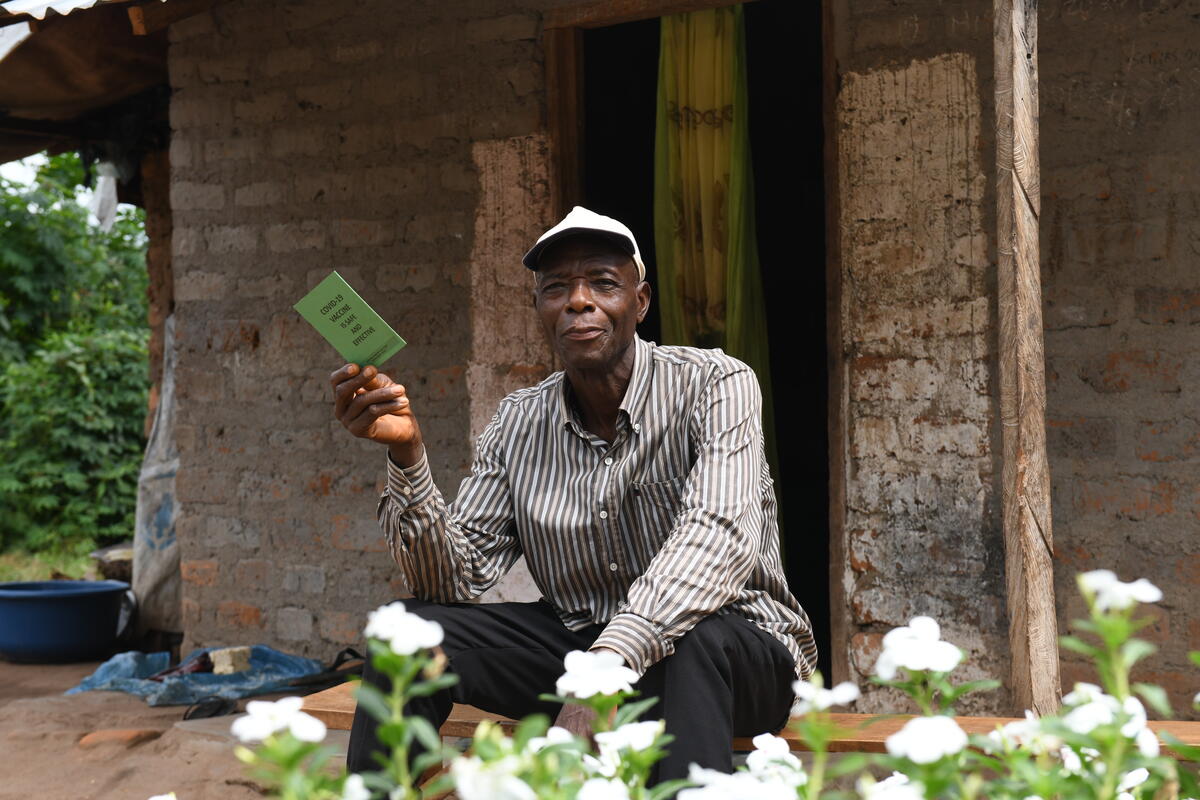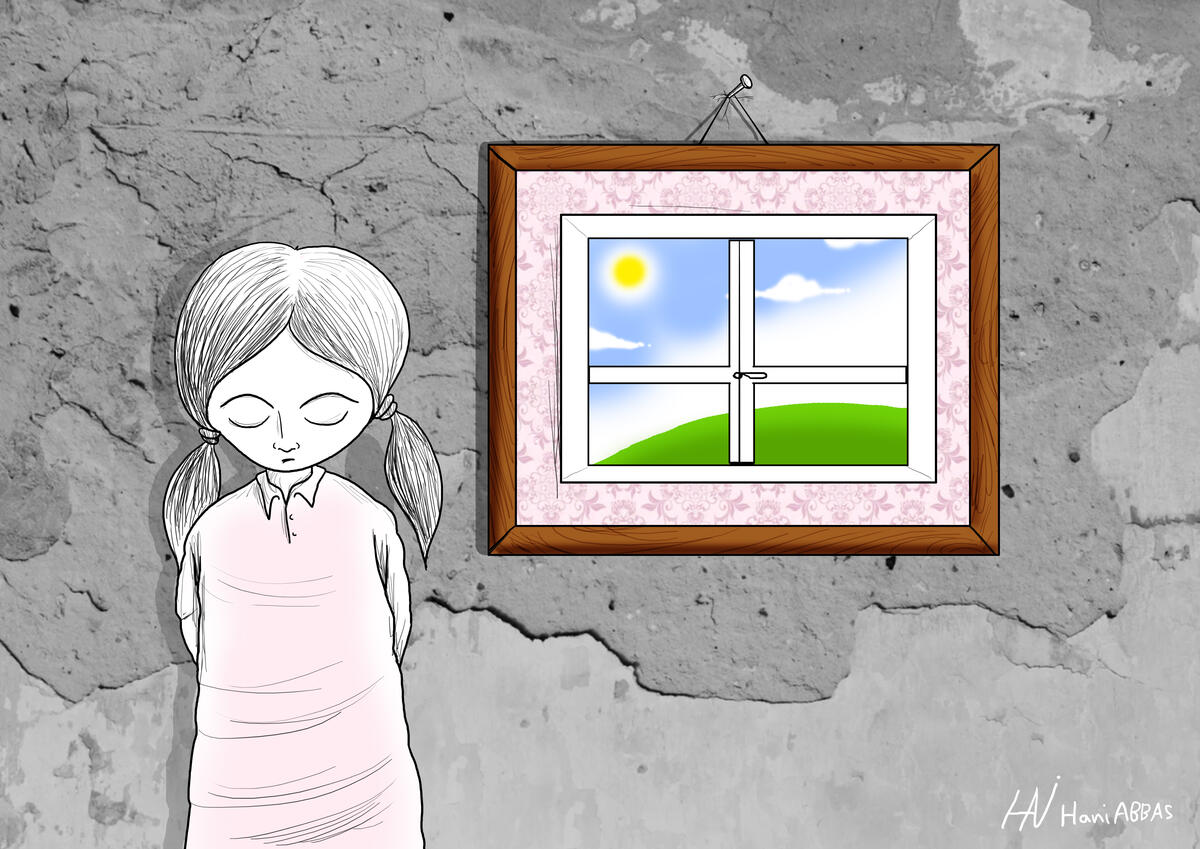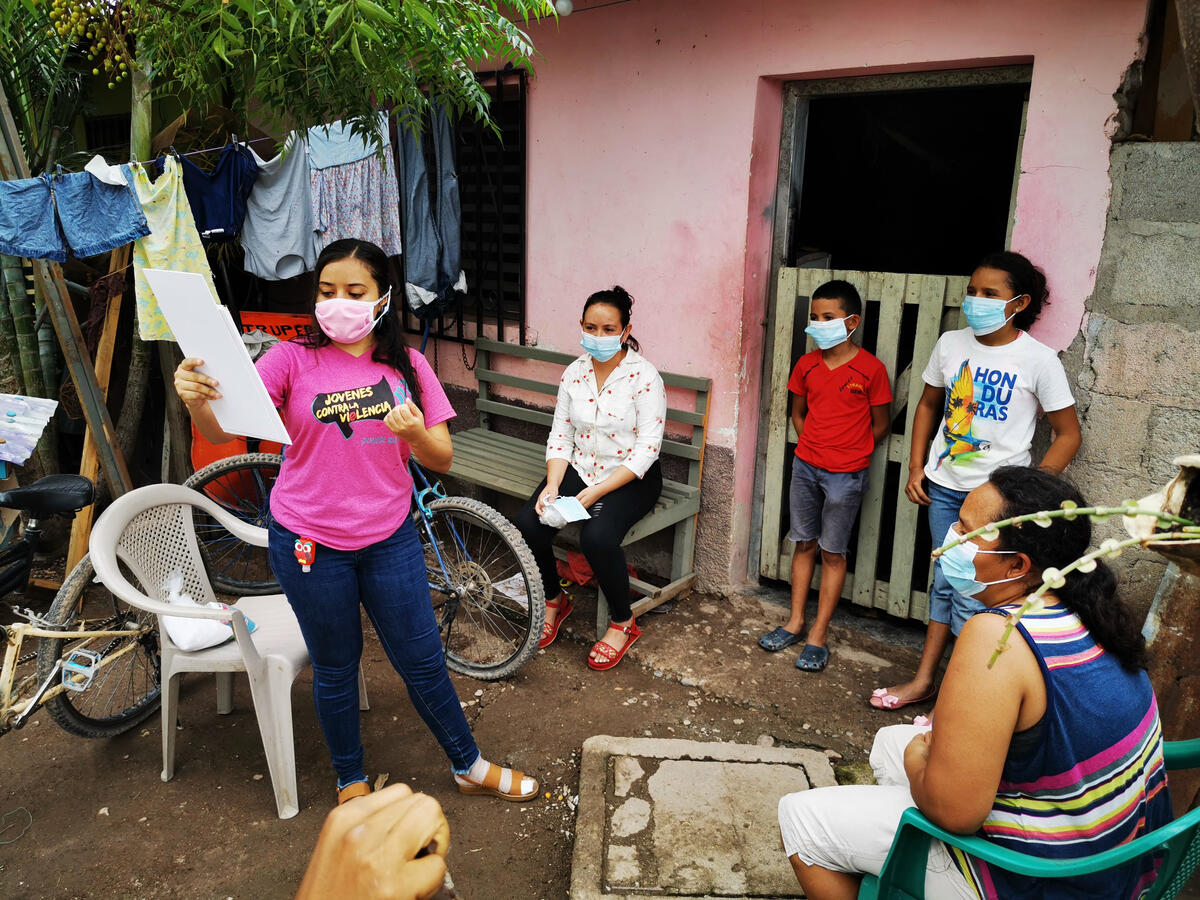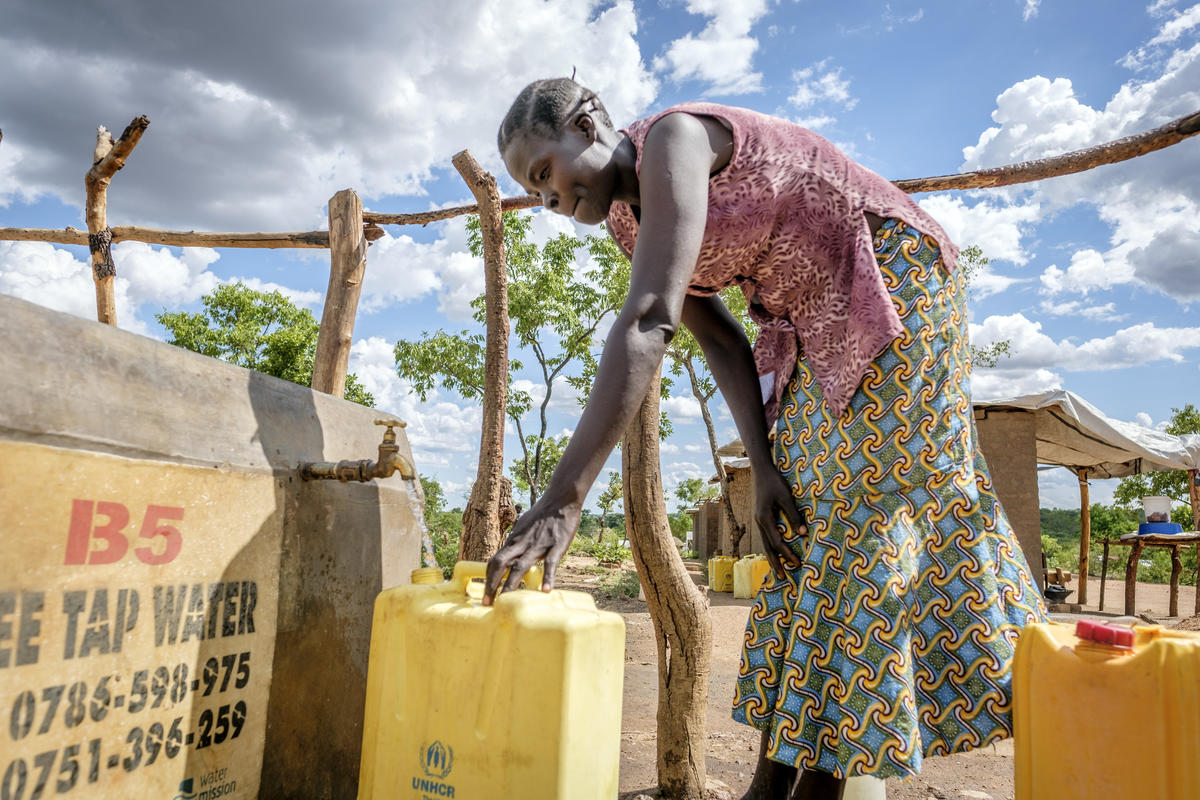Innovation: A Congolese mother sings the praises of wonder stove
Innovation: A Congolese mother sings the praises of wonder stove

NAKIVALE, Uganda, March 19 (UNHCR) - To hear Sarah Barasebwa talk about her family's favorite possession, it sounds almost miraculous: it adds hours to her day, keeps her safe, saves firewood, has increased her crops and enables her son to go to school.
What could accomplish all that? Her Save80 energy-saving stove and its aptly-named accompanying Wonderbox. Sarah, a mother of four, sings the praises of the two devices, which the family received from UNHCR in this refugee settlement in south-west Uganda more than two years ago.
They respect the round metal stove so much that her 50-year-old husband, Ndimubanzi Barasebwa, has built a raised, padded storage shelf in their home to make sure it won't rust. Thanks to the special care, it still works like new, the family says.
The name Save80 means that an experienced user can save 80 per cent of the firewood consumption of a traditional open three-stone fire, the kind Sarah was accustomed to using in her native Democratic Republic of the Congo (DRC).
Just to cook a meal, the entire family of six used to have to constantly search for wood. Sometimes it took the family an entire day, or even two, to collect the necessary firewood.
Now the family not only uses dramatically less firewood, the food also cooks in a much shorter time. "It prepares food in 20 minutes, while before it was taking one hour," says Sarah. She's especially pleased to cut the cooking time for beans - a staple in their diet - from three hours to one.
With the time saved, Sarah says she can spend more time in the family garden, growing maize, beans and potatoes to feed her family - and even to sell. It's a source of great pride that with the profits she can buy clothes for the children and pay secondary school fees for their 17-year-old son, Baraka.
"I usually know what I want to do in a day, but if I have to spend the whole day cooking, I can't accomplish everything," says Sarah. "This stove has really helped me do more in a day."
What she really loves is the heat-retaining Wonderbox that came with her precious stove and keeps cooked food warm for hours. "You can prepare food for a few minutes and then put it in the Wonderbox, go off and do work," Sarah marvels. "You come back in a few hours and find your food ready and still hot, so you can eat it."
That's the perfect way to give oldest son Baraka a warm nourishing breakfast every morning before he sets off to walk 90 minutes to the only secondary school in this vast settlement. "Our children used to go to school in the morning having eaten cold food, but now they eat warm food because it is kept in the Wonderbox," says husband Ndimubanzi.
In Nakivale, as in many refugee settlements around the world, the search for firewood can damage the environment, create friction between refugees and local communities and expose women to danger. When the family arrived six years ago, there were plenty of trees, but with 60,000 refugees now living in the settlement, measures were brought in three years ago to limit tree cutting.
Thanks to the Save80 stove, Sarah says her family members go to search for firewood only four times a week, don't have to travel as far, and don't need such big logs. They just pick up small branches while doing other things.
"Before we used to move throughout the whole forest looking for strong firewood, but now we can just collect it on the way," she says.
"Environmental degradation is a big problem across all our settlements in south west Uganda", says Andrew Mbogori, head of the UNHCR sub office in Mbarara "There are many benefits to refugees from living in a settlement where they can farm their own land, but it is also a lot harder to regulate how they use resources. We need to make sure that we respect the generosity of the government of Uganda."
Sarah and her family received one of only 1,000 Save80 stoves handed out two years ago. Judging from its impact on her life, she can highly recommend it to her neighbours as firewood becomes scarcer here.
By Lucy Beck in Nakivale, Uganda









